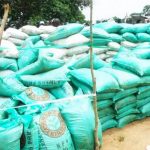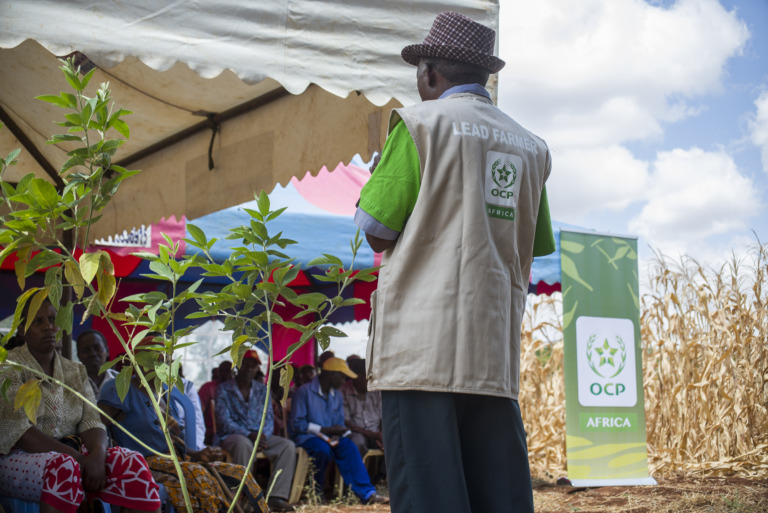The Coalition of Farmers Association of Nigeria and the Himma Youth Farmers Association of Nigeria have appealed to the Federal Government to continue importing fertilizer raw materials until the country’s local production capacity is strong enough to meet national demand.
Speaking at a joint press conference in Abuja on the restructuring of the Presidential Fertiliser Initiative and its impact on farmers, the president of the coalition said the government must adopt a balanced approach that safeguards farmers in the short term while building stronger local capacity for the future. He cautioned against any move to ban raw material imports, warning that such a decision could enable private blenders to monopolise the sector and drive fertiliser prices beyond the reach of smallholder farmers.
“Nigerian farmers cannot afford a disruption in fertiliser supply at this critical moment,” he said, stressing that sustained access is vital for productivity and food security.
He commended recent government reforms aimed at repositioning Nigeria’s food systems, noting their emphasis on farmer empowerment, youth inclusion and food security. However, he raised concerns about ongoing deliberations over the restructuring of the fertiliser initiative, warning that rising input costs, distribution gaps and uncertainty in supply could reverse the gains recorded over the past eight years.
While acknowledging the current administration’s efforts, he urged it not to dismantle the achievements recorded under the previous government, when the initiative ensured affordable fertiliser through raw material imports and support for local blending plants. According to him, millions of farmers benefited from the scheme, which helped boost food production and strengthen national food security.
He also called for the Ministry of Finance to be directly involved in managing raw material imports to improve efficiency, transparency and supply stability.
The farmer associations reaffirmed their commitment to working with the government, private sector and development partners to ensure that the restructuring of the fertiliser initiative protects farmers and supports the country’s food security goals.










